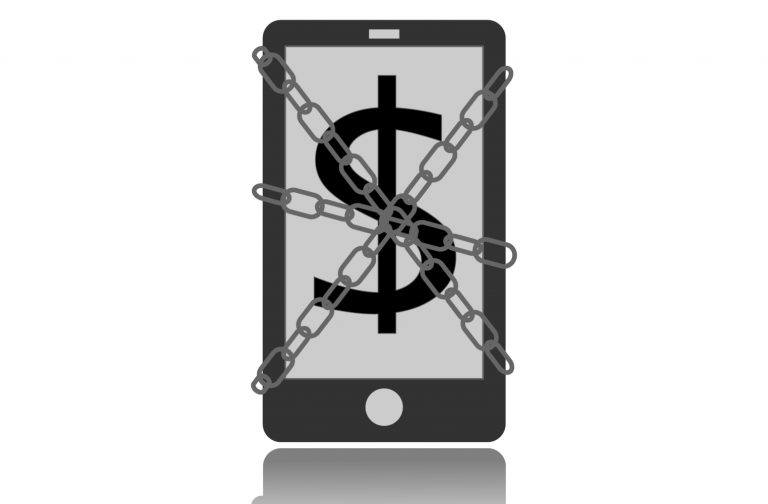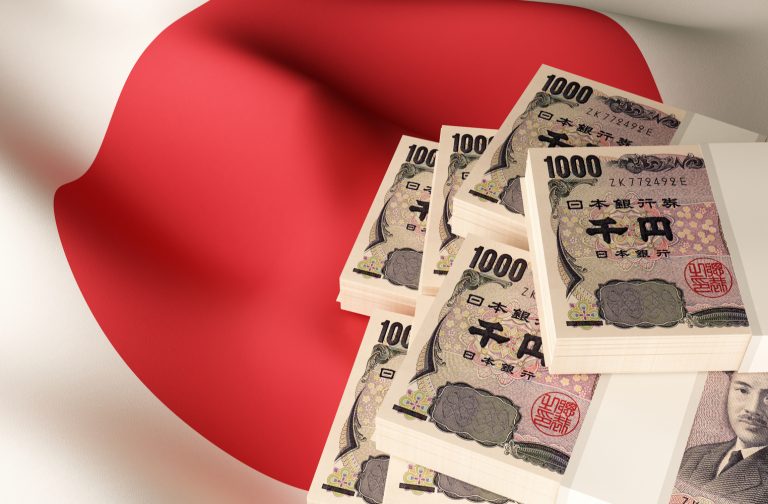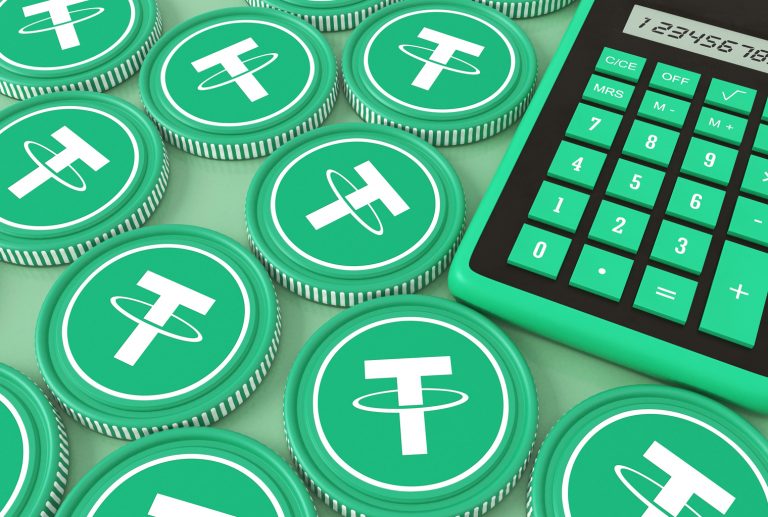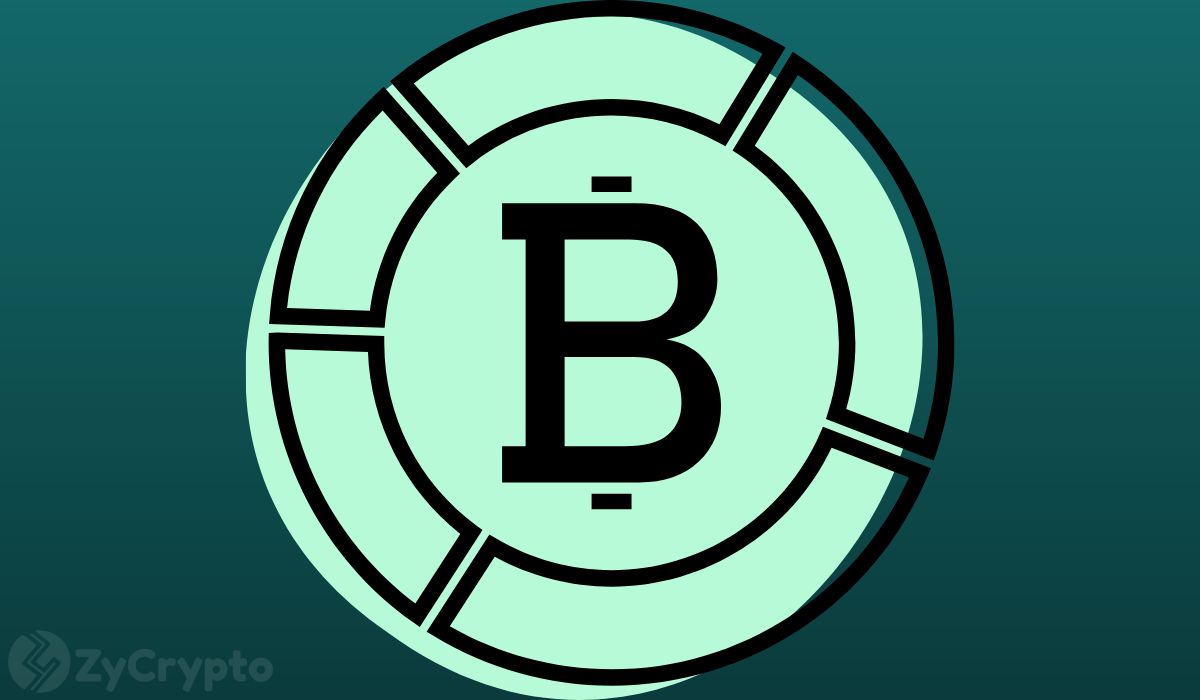2020-4-29 11:45 |
Despite the crypto community’s concerns over hyperinflation, it isn’t the global economy’s greatest threat. In fact, it’s quite the opposite. But with deflation on the rise due to lockdowns around the world, how will Bitcoin react in such an environment?
Bitcoin’s Role as a HedgeGold is the primary hedge against inflation, but Bitcoin is developing similar properties.
Bitcoin’s monetary inflation is currently higher than that of developed nations such as the United States, making it more of a hedge against authoritarian governments.
According to Willy Woo, a noted on-chain Bitcoin analyst, BTC’s rate of inflation is 3.69%. The rate of inflation for the United States has been 2.3% from February 2019 to February 2020.
Due to its fixed supply and perpetually decreasing issuance, Bitcoin is, however, considered a hedge against hyperinflation. Argentina, whose debt default and high inflation rate increased local demand for Bitcoin, is proof of this.
The South American country had an inflation rate of 4.42% in 2004. This figure has jumped to over 50% according to data released by Statista.
(1/2) Argentines are dumping record amounts of pesos for #bitcoin on @LocalBitcoins, as the government is about to default on its debt (https://t.co/rSYFq8gDSD) and the currency is suffering from inflation. (Source: @Coin_Dance) pic.twitter.com/oTFYadike4
— Arcane Research (@ArcaneResearch) April 23, 2020
But as global demand for goods and services contracts due to the coronavirus, deflation is a much more realistic scenario than hyperinflation.
When deflation hits, the purchasing power of fiat currencies is strengthened. As a result, people – including large investors – will be less inclined to part with their cash. During times of inflation, stocks and other risky assets do well because of constant capital inflow from those who seek to preserve wealth.
During times of inflation, fiat currency tends to lose value. This results in increased demand in other, wealth-preserving assets. During times of deflation, the demand for fiat is higher as the value of cash increases.
One manifestation of this demand for fiat is in the buying behavior of the middle and lower class. In times of deflation, this demographic will defer their consumption of non-essential goods and services if they are convinced that the same products will be cheaper in the future. The current lockdown is a catalyst for this demand slump.
Bitcoin is not a deflationary asset since its total supply doesn’t decrease every year.
If deflation was to hit the United States today, it would actually be bearish for Bitcoin, as capital inflows to risk assets would decrease, causing prices to stagnate.
When Debt Bubbles Accompany DeflationEach instance of deflation in the last few decades has been different.
Spain battled two bouts of deflation in 2009 and 2015-16. But despite commodity prices deflating, GDP growth in Spain was above the Eurozone average.
Sometimes, deflation isn’t enough to defer consumption in a country.
Greece was in a debt crisis for nearly a decade, and deflation plagued the nation between 2013 and 2017. Unable to make payments, and on the cusp of a sovereign debt default; a slew of bailouts from the EU and IMF helped them avoid this scenario.
At the heart of the issue was a confidence crisis, evidenced by increasing borrowing costs for the Greek government. These costs were displaced onto Greek citizens via 12 rounds of tax hikes.
Cost of funding for the Greek government skyrocketed as the debt crisis emerged, via CEIC.Insofar as Bitcoin is a hedge against authority, a government confidence crisis would create a thriving environment for the decentralized cryptocurrency.
Localism Prevents Debt DefaultsWith a government debt to GDP ratio of 240%, Japan has the most amount of debt per capita – even more than Greece. Japan has also been a poster child of a deflationary economy since the 1990s.
Japan’s stock index never recovered after deflation hit in the 1990s, via TradingView.Japan’s debt slowly bubbled up as deflation struck the Asian powerhouse. In a bid to prop up economic growth, the government pushed heavy fiscal stimulus measures, resulting in a massive pile of debt.
Government debt to GDP for Japan, via TradingEconomics.Yet, Japan has never defaulted on its debt or missed an interest payment to its lenders. The reason for this is simple: most Japanese debt is owned by the Japanese.
Over 70% of the country’s new debt is purchased by the Bank of Japan, the nation’s central bank. The remaining 30% is mostly purchased by Japanese banks and the public.
When debt is owned within the borders of a country, delaying the maturity of the debt and rolling it over for another few years is much easier.
These measures have kept a sovereign debt crisis at bay The size of the government’s obligations to lenders is unsustainable, however.
As of June 2019, nearly 30% of the United States’ sovereign debt was owned by foreign investors, with China and Japan holding major chunks.
Composition of U.S debt obligations, via Visual Capitalist.Foreign investors that don’t have a vested interest in providing a lifeline to a government may push for the maturity of debt, forcing the country to take more debt to pay it off or default and cause a confidence crisis.
Although this scenario is unlikely, as United States treasury bonds have the highest credit rating in the world, it is a possibility if the economic situation worsens.
Circumstances Will Define Bitcoin’s FateDeflation creates a negative environment for Bitcoin, but if underlying financial stresses have political fallout, it will be Bitcoin’s time to shine.
In situations such as that of Greece, the value proposition of Bitcoin stands out. The same cannot be said in the case of Japan where deflation didn’t cripple the government.
At its core, Bitcoin will continue to be a hedge against the appetite for power by authorities. But it can also serve as an alternate financial system if confidence in the prevailing system collapses.
The post How Would Bitcoin Fare in a Deflationary Economy? appeared first on Crypto Briefing.
origin »Bitcoin price in Telegram @btc_price_every_hour
Emerald Crypto (EMD) на Currencies.ru
|
|




























